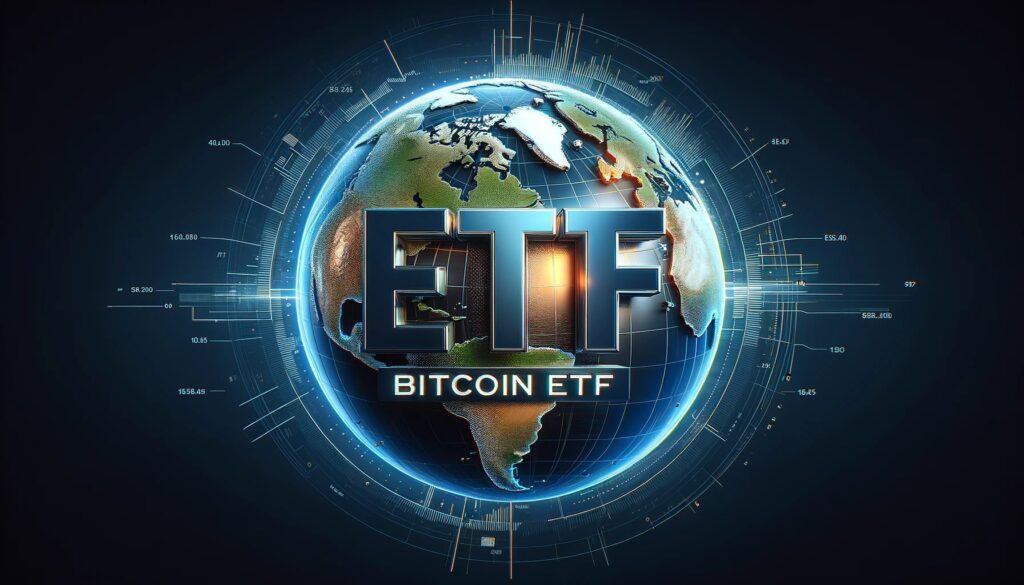
In the world of finance, Bitcoin ETFs (exchange-traded funds investing in Bitcoin) are becoming increasingly popular. Although the United States is still awaiting the approval of the first real Bitcoin ETF, the rest of the world is already benefiting from this modern form of investment. From Brazil, through Chile, to Canada, investors have been exploring this new territory for years. It is worth examining how Bitcoin ETFs are succeeding internationally and what implications this may have for the American market.
Bitcoin ETF Boom in Brazil
On the B3 exchange in Brazil, cryptocurrency-based ETFs have had mixed results. Those tracking leading cryptocurrencies like Bitcoin or Ethereum fared the best. For example, QBTC11, which tracks the price of Bitcoin, rose by 145% in 2023. Other funds, such as BITI11 and BITH11, also recorded impressive gains. However, ETFs focused on more niche cryptocurrencies, like NFTS11, were less successful.
Overall, the Brazilian exchange currently offers 13 cryptocurrency ETFs, with assets exceeding $285 million. They are a testament to the growing interest and trust in this market segment.
Chile’s Approach to Crypto ETFs
Chile, though more cautious, has also opened up to Bitcoin ETFs. In 2021, the Santiago stock exchange introduced its first such fund – the Purpose Bitcoin ETF. This fund, which invests directly in Bitcoin, was groundbreaking for the Chilean market, although so far it is the only product of its kind available in the country.
Canada’s Dominance in Cryptocurrency ETFs
Canada shows even greater interest in Bitcoin ETFs, offering investors a range of options. From the Purpose Bitcoin ETF to various Evolve funds, the Canadian cryptocurrency ETF market is well developed. These funds are attractive due to the possibility of investing through tax-exempt savings accounts, making them ideal for long-term investments.
Optimism Among Bitcoin ETF Investors
The global success of Bitcoin ETFs indicates a changing way of interacting with cryptocurrencies. For those unfamiliar with technical jargon, such funds offer a simpler way of investing in cryptocurrencies, packaging their complexity into familiar structures resembling traditional stocks.
Expectations for the Introduction of Bitcoin ETFs in the United States are High. The main difference between the current funds based on futures contracts and the anticipated “spot” funds is that the latter require the issuer to hold physical assets, which theoretically could reduce Bitcoin’s susceptibility to market manipulation.
Prospects for the Future
As regulations become clearer and technologies more advanced, we can expect wider adoption and dissemination of these funds. For investors, staying educated and cautious is key; for regulators, balancing innovation with protection. Although the SEC has been delaying the approval of Bitcoin ETFs for the past decade, it seems that this trend may soon reverse, which could radically change the course of the digital asset market.
